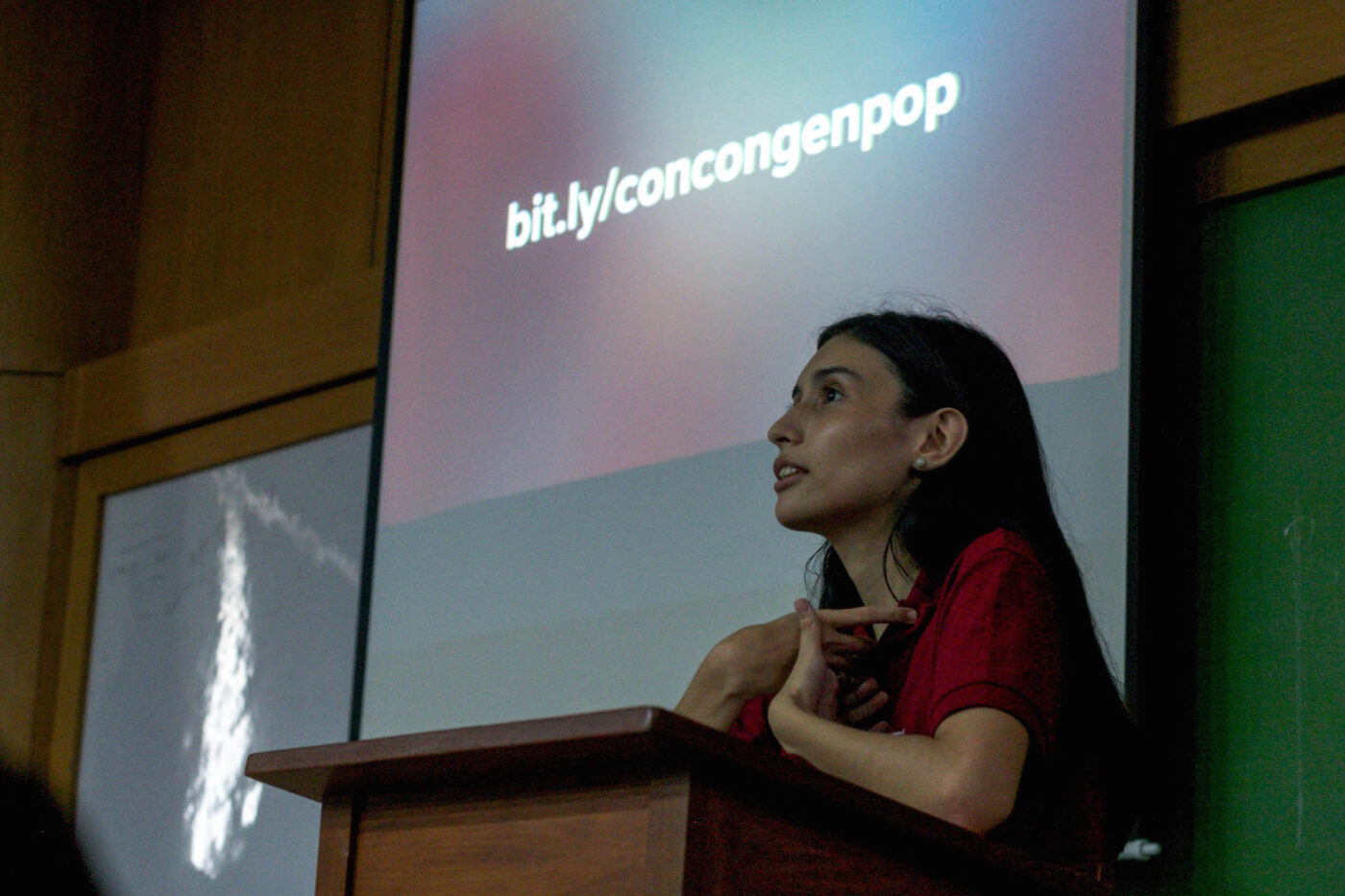THE CONSTITUTIONAL Convention (ConCon) has revised its timeline and has begun the process of initiating constitutional reform.
The ConCon was established through a resolution released by the Sanggunian on its Facebook page on March 4.
According to the resolution, the ConCon is independent from all units of the Sanggunian and is tasked “to review and propose necessary amendments to and revisions of, or supersession of” the 2005 Constitution of the Undergraduate Students of the Ateneo de Manila Loyola Schools.
The resolution states that the constitution is silent on matters regarding the vacancy of top officer seats.
Last year’s general elections failed to fill the positions of president, vice president, secretary-general, and finance officer, as the candidates had garnered only 3,128 votes out of the 3,255 votes needed to reach quota.
According to ConCon Head Shiphrah Belonguel, the current provisions which “don’t allow succession for a lot of positions” are “prohibitive.”
“The way [the constitution] is now doesn’t allow students to organize and participate in that kind of structure,” Belonguel said.
Central team
According to the ConCon primer, a central team will be formed to “attend to the different needs of the Convention.”
The central team has five committees: Research, externals, finance and logistics, secretariat, and design.
The research committee consolidates data to be used in the constitutional reform process and is composed of Research Committee Head Miguel Hamoy, Kjerrimyr Andres, Pepy Rustia, and Joshua Uyheng.
On the other hand, the externals committee conducts consultations with key Sanggunian stakeholders. The committee is made up of Externals Committee Head Nico Carunungan, Kim Bay, David Garcia, and EJ Ofilada.
The finance and logistics committee manages the ConCon’s budget and operations. The committee is headed by Pocholo Espina and its members Star Pangan and Carlos Tabunda.
Overseeing administrative functions, the secretariat committee is handled by Secretariat Committee Head Elgin Mallari, Chris Pino, and Christine Saavedra.
Moreover, the design committee is in charge of promotional materials. The committee is led by Lazir Caluya, with Arielle Acosta and Yuji Torres also onboard.
Belonguel stressed, however, that “[ConCon] was never just going to be me and a core team.”
“There was always the imagination of involving as many sectors in the Ateneo community as possible,” Belonguel added.
Revised timeline
While the ConCon initially planned to conduct constitutional revisions over the April to May hiatus and Intersession semester, Belonguel said that the ConCon has since shifted its timeline to a “year-long process.”
According to Belonguel, the shift was to allow more involvement from the student body and administration, thus ConCon focused on research and consulting stakeholders from April to July.
Hamoy said that the research committee studied student government theories and possible structural models.
Moreover, Caranungan said that while reforming the Sanggunian is a “touchy” issue among stakeholders, stakeholders have been “optimistic” about ConCon’s progress so far.
Belonguel said that the first semester of this school year will be dedicated to recruiting general populace delegates who will sit through readings of constitutional revisions alongside the sectoral delegates.
She added that the recruitment process for sectoral delegates concluded after the Intersession semester. The sectoral delegates hail from key organizations, Sanggunian arms, and sectors in the Ateneo community.
The formal delegate assembly readings of the constitution will commence during the second semester.
Beyond vacancy of top positions
Carunungan admits that while ConCon was prompted by the lack of constitutional provisions on the vacancy of top positions, “[ConCon is] not just about the constitution.”
Hamoy said that ConCon aims to bring “some new insights and reinvigorate the student body.”
“I don’t think there is anyone who at this point still believes ConCon is just meant to fill a few empty seats,” Hamoy added.
For Office of Student Activities (OSA) Director Christopher Castillo, ConCon should work to preserve the Sanggunian’s institution and principles, and not just the representative body.
OSA is the university’s administrative office which oversees organizational activities.
Castillo believes that the core question that ConCon should address is “How is student representation really best forwarded?”
He added that addressing provisions on vacancies becomes “consequential” to upholding the institution.
Other considerations
According to Castillo, the Ateneo needs a Sanggunian that is “contextually appropriate.”
“How we re-envision a Sanggunian group should take into account the unique context of the Loyola Schools and its students,” Castillo said.
He explained that the Sanggunian’s structure is “obsolete” in the university’s current set-up, wherein student services are readily provided for.
For Belonguel, ConCon should also note “cultural” problems, such as how Ateneans view participation in student government.
Carunungan said that they must also address the Sanggunian’s consistent lack of presence and influence in the student body.
“The real question is how do we put the power back to [the Sanggunian]? How do we empower it again?” Carunungan said.







